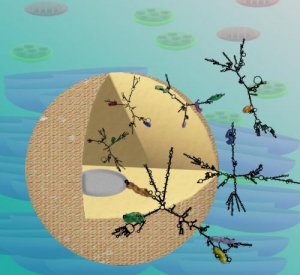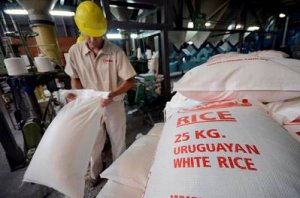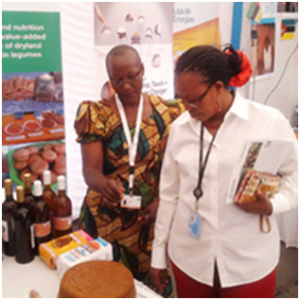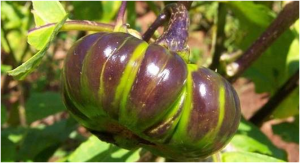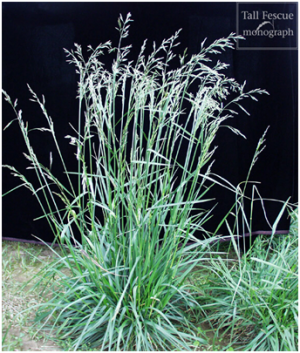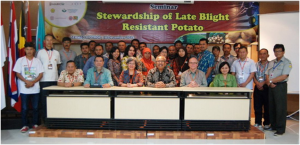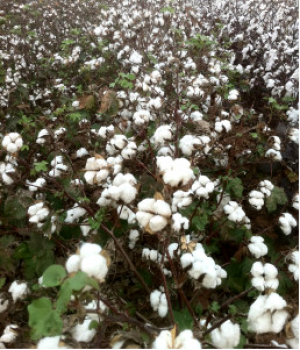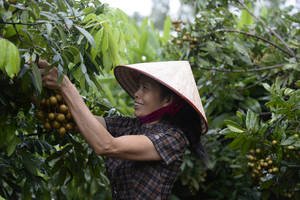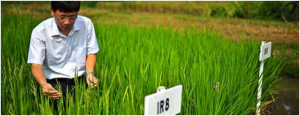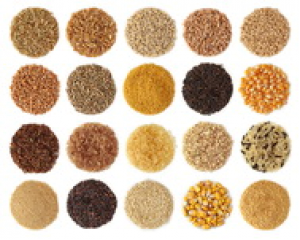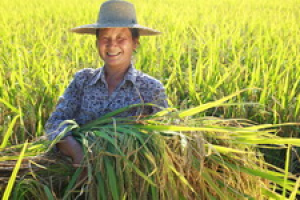|
Bees are bellwethers for the healthy agricultural ecosystems they help create
Tuesday, 2016/05/24 | 08:04:17
|
|
FAO's Director-General urges all to embrace “pollinator-friendly” approaches
Figure: A bee does its business in Kenya's Kerio Valley.
FAO 21 May 2016, LJUBLJANA-Bees make a priceless contribution to agriculture and are a bellwether for environmental health, working without pay while both delivering and reflecting biodiversity.
"A world without pollinators would be a world without food diversity - and in the long run, without food security," FAO Director-General José Graziano da Silva said today during a visit to Slovenia that ending at the national beekeepers' festival.
Slovenia, a promotor of declaring May 20 the World Bee Day, has sought assistance from FAO in this endeavor and has already received its support and that of 53 countries at the last Regional Conference of Europe. The next steps include the technical committees of FAO and the FAO Conference in 2017. It would be one of the first concrete actions after the important agreement on Sustainable Development Goals and the Climate Change Agreement and in line to achieve the Goals of Agenda 2030, stated Graziano da Silva.
Honeybees are the most famous of the pollinators, a group of species whose members fly, hop and crawl over flowers to allow plants - including those that account for over a third of global food crop production - to reproduce. Their absence would remove a host of nutritious foods from our diets, including potatoes, onions, strawberries, cauliflower, pepper, coffee, pumpkins, carrots, sunflowers, apples, almonds, tomatoes and cocoa, he said.
Yet despite their critical role, we are courting collapse by increasingly exposing bees to ever-more numerous hazards, warned the Director-General.
Threats to bees include land-use change, pesticide use, monoculture agriculture and climate change, which can disrupt flowering seasons.
"Bees are a sign of well-functioning ecosystems," Graziano da Silva said, adding: "To a great extent the decline of pollinators is also a sign of the disruptions that global changes are causing to ecosystems the world over."
See more: http://www.fao.org/news/story/en/item/415259/icode/ |
|
|
|
[ Other News ]___________________________________________________
|


 Curently online :
Curently online :
 Total visitors :
Total visitors :
(10).png)
